
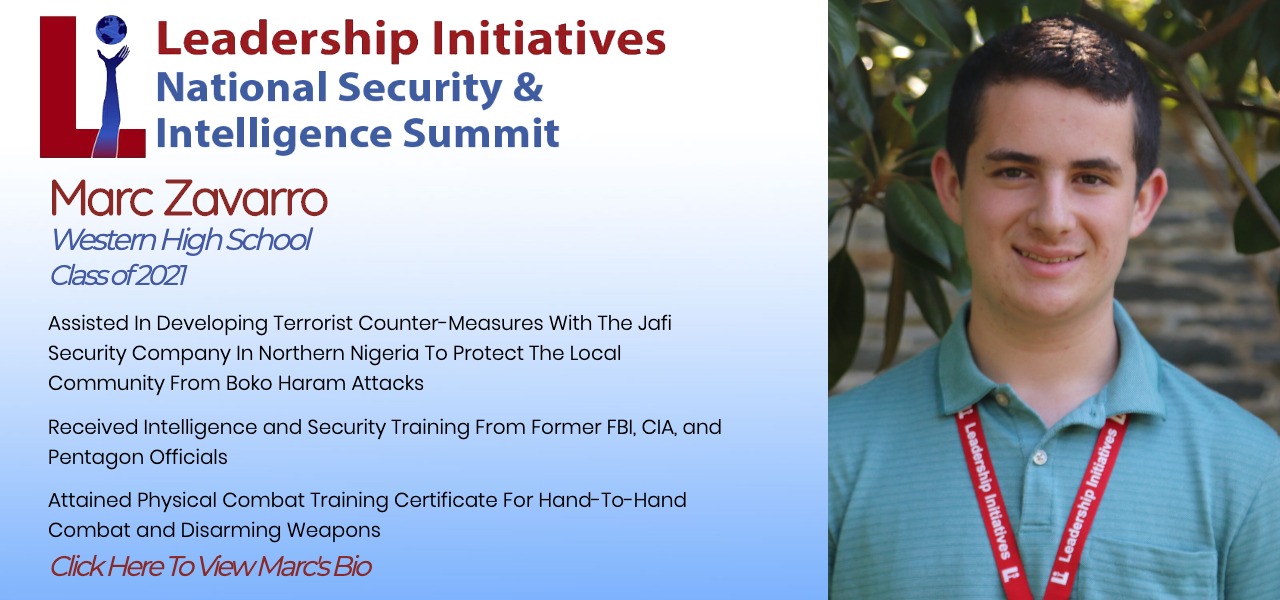

Collaborated with a group of the world’s premier scientists, professors, and professionals in the fields of neuroscience and neuroethics.
Synthesized new neuroscience knowledge into a research proposal for a cutting-edge neuroscience experiment.
Engaged in interactive activities with discussions about cognitive neuroscience and neuroethics in a cross-cultural setting through a biophysical lens.
Read more about Patryk here.
Patryk Wekwejt
Joseph Bem High School
Class of 2022
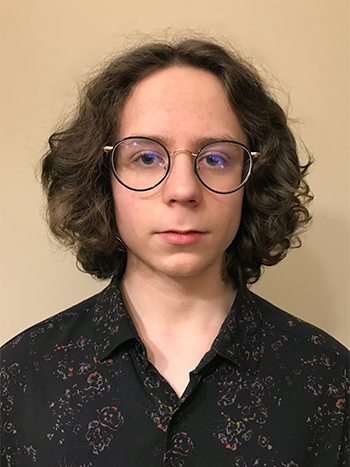


Patryk Wekwejt is a high school student at Joseph Bem High School No.1 in Ostroleka (I Liceum Ogolnoksztalcace im.Generala Jozefa Bema w Ostrolece). Patryk is a dedicated student with a deep interest in neuroscience and biology.
Patryk's deep engrossment in neuroscience and biology resulted in many successes: National Brain Bee Competition (1st Place), British Biology Olympiad (Gold medal), and Polish Biology Olympiad (Finalist - best 2.6% of all participants). He is conducting research on Alzheimer’s disease and the potential use of the alpha-Melanocyte-stimulating hormone in reducing cognitive impairment in patients with this disease. Patryk presented his research results at the national science contest Explory, and at London International Youth Science Forum 2021. Patryk also enjoys playing the saxophone and helping others as a volunteer at the neurology ward at the local hospital as well as learning and helping others at Autism Spectrum Center. Patryk is a person who shows a great commitment to the local society; he is a TEDxYouth@JBHS organizer, student council and school biological society president. In his free time, Patryk enjoys practicing karate and reading books.
Patryk is enthusiastic to be joining this year's Advanced Medical Neuroscience Internship. He is passionate about the science of the nervous system and hopes to become a neuroscientist one day; all the skills he has gained will advantage his future aspirations.
Read more about Patryk's achievements here.
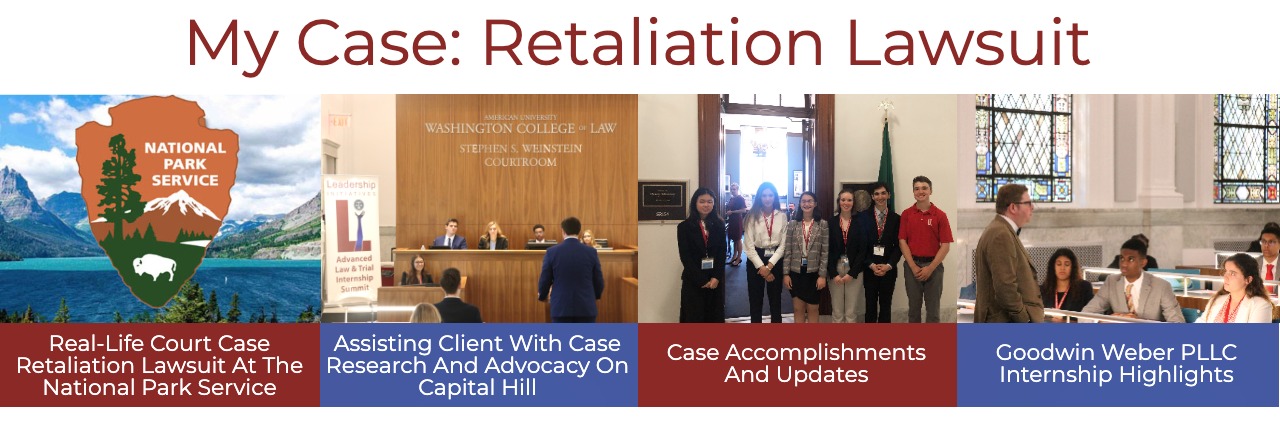
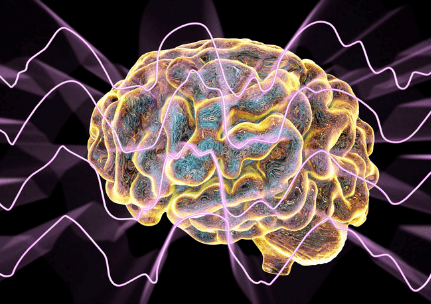
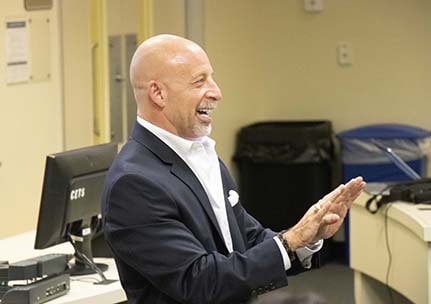
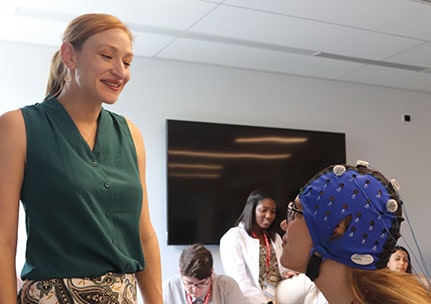

My Neuroscience Training


Neuroscience Experimentation
My Research Proposal & Presentation
Training with Top Neuroscientists
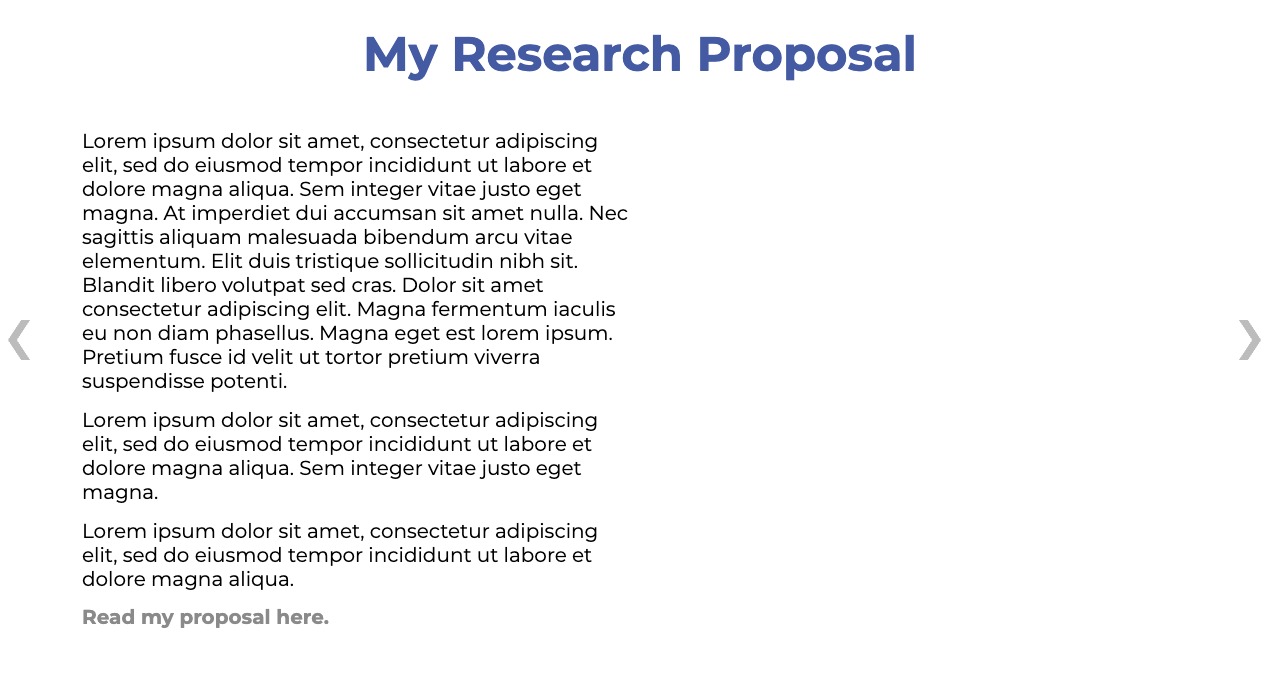


Leadership Initiatives is a 501(c)(3) nonprofit organization that is dedicated to creating future leaders across the globe through experiential learning. In the Advanced Medical Neuroscience Internship, I worked directly with some of the world’s leading scientists to learn about neuroethics, neurocognitive health, and revolutionary developments in the field.
At the conclusion of the internship, I presented my research proposal to a panel of judges including Dr. James Giordano, Dr. John Shook, and Dr. Michael Heinrich. Respectively, these judges are the Chair of Georgetown University’s Neuroethics Studies Program, Philosopher and Bowie State University Professor, and Coburg University’s School of Design Dean of Studies.
In order to address the lack of research surrounding the effects of mediation on the memory functions in adults with known cognitive impairments, I proposed a study meant to investigate the role that varying forms of meditation play in the alleviation of degenerated neurological function to this panel of distinguished judges. This research would help to understand possible pathways for solutions that could address growing numbers of cognitive impairments in the aging population.
Read my proposal here.
My Research Proposal

My research posed the answer to the question, “How do mindfulness, meditation, and Kirtan Kriya Meditation affect memory function in adults with mild cognitive impairment?”
In order to answer this question, I devised a methodology that would divide the participants into three groups: mindfulness meditation, Kirtan Kriya meditation, and a control group with no meditation. These groups would undergo an eight week instruction period, where they would take part in guided meditation. Following this period, they then participated in a four-month self-guided meditation. The results would then be compared using the Southern California Repeatable Episodic Memory Test, as well as a Forward and Backward Digit Span Test. The participants would then undergo an MRI to measure grey matter concentration. These results would be analyzed to determine if the differing forms of meditation had an impact on the memory retention in both normal brain development and brains with mild cognitive impairment.
The anticipated findings suggest that focusing on meditation could help alleviate the effects of the cognitive impairment due to a release of stress and negative thought. This implies that in the long term, non-invasive solutions could be explored to reduce the effects of cognitive impairment in adults.
See my research proposal presentation here.

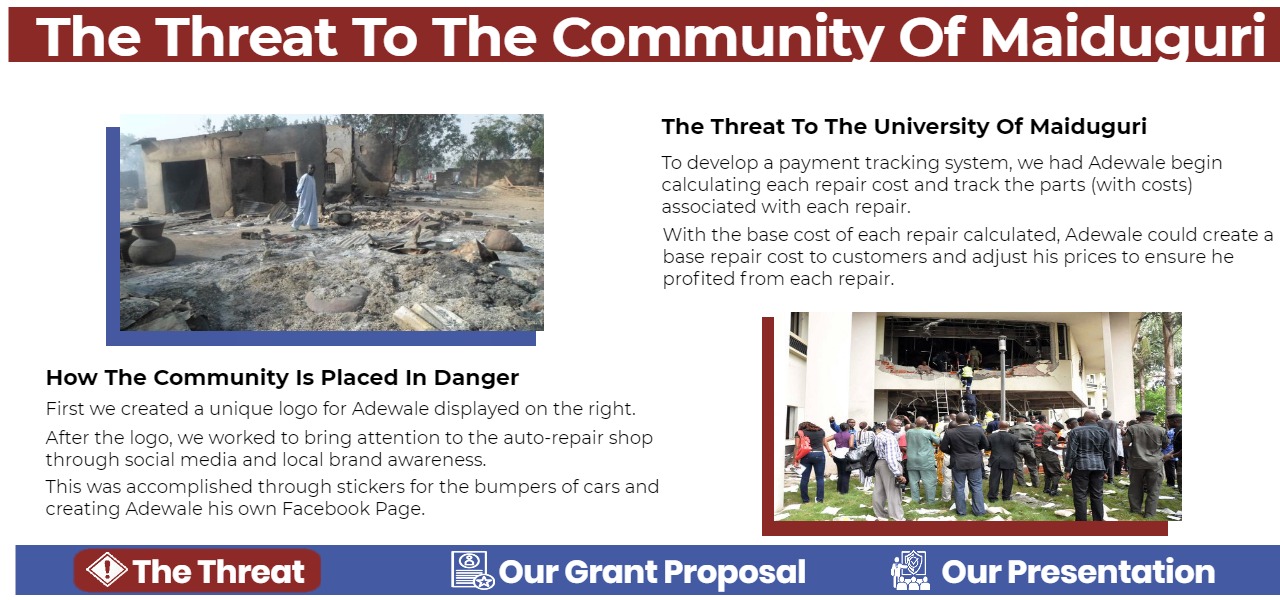
The Frontier of Neuroscience
Deep Brain Stimulation
I had the unique opportunity to speak with Dr. Michael Okun, founder of the University of Florida’s movement disorders program.
Within his work, Dr. Okun utilizes Deep Brain Stimulation (DBS), which operates like a pacemaker within the brain and is often inserted via conscious surgery
Electrodes are put in the brain to regulate electrical signals and help with conditions like Epilepsy, Parkinson’s Disease, Dystonia, Obsessive Compulsive Disorder, and Essential Tremor.


Quantitative Neuroscience Research Methods
Dr. Sebastian Sauer discussed how data is mined from social media and how natural language processing is able to interpret the tone of a post and discern the original intent of the poster.
We explored how this method of quantifying word choice can contextualize how people feel in a broader societal exchange, allowing for the extension of research to the biophysical sphere.
Then we connected this metrics to its implications of what is occuring in the brain when interacting with social media over time, revealing its role along the spectrum of involvement.
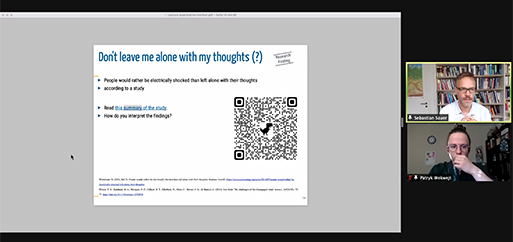
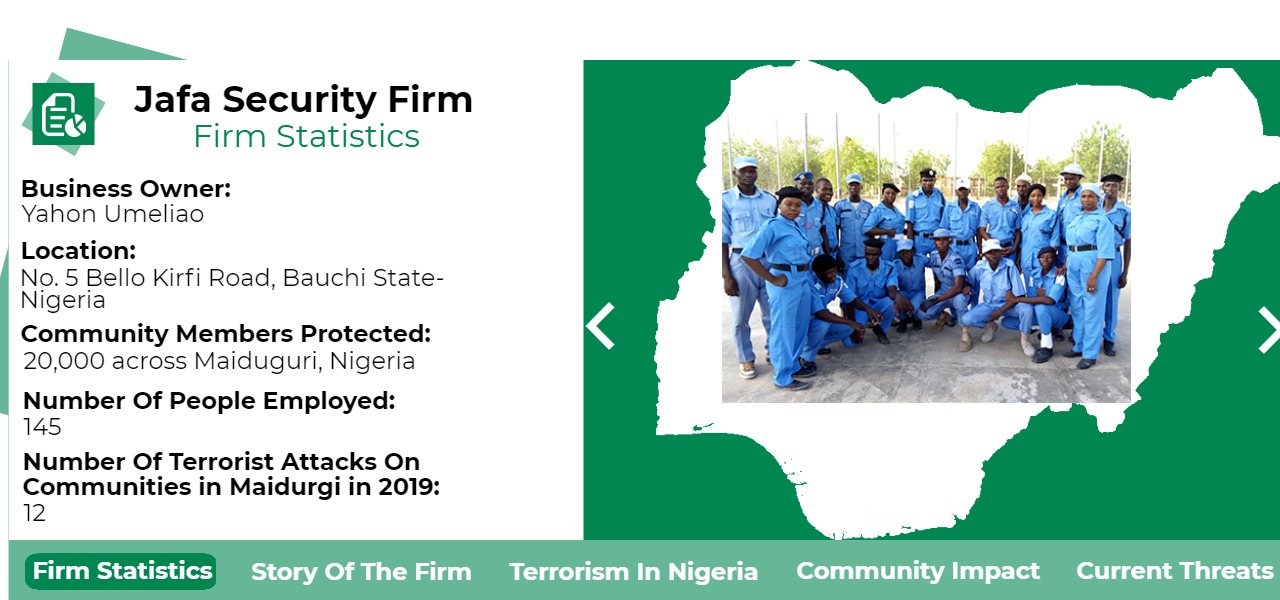
Internship Highlights
Dr. James Giordano

Dr. James Giordano
Neuroanatomy
Brain~Mind Interventions
Experts & Mentors

I had the chance to work and collaborate directly with Dr. James Giordano, Chief of Georgetown University’s Neuroethics Studies Program. In addition to his involvement with a variety of educational institutions, Dr. Giordano is the author of over 350 publications in neuroscience and neuroethics.
During our first meeting, I got a crash course on the biological mind of our species. I learned about the major role our subconscious plays in our thinking, and how these thoughts rarely breach our consciousness.
This new knowledge prompted a debate over free will, whether we maintain true control over our mental functions, and the crucial implications for both our individuals and social lives.

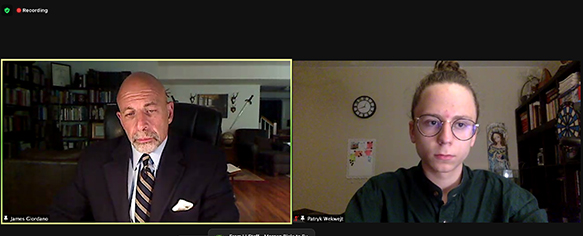

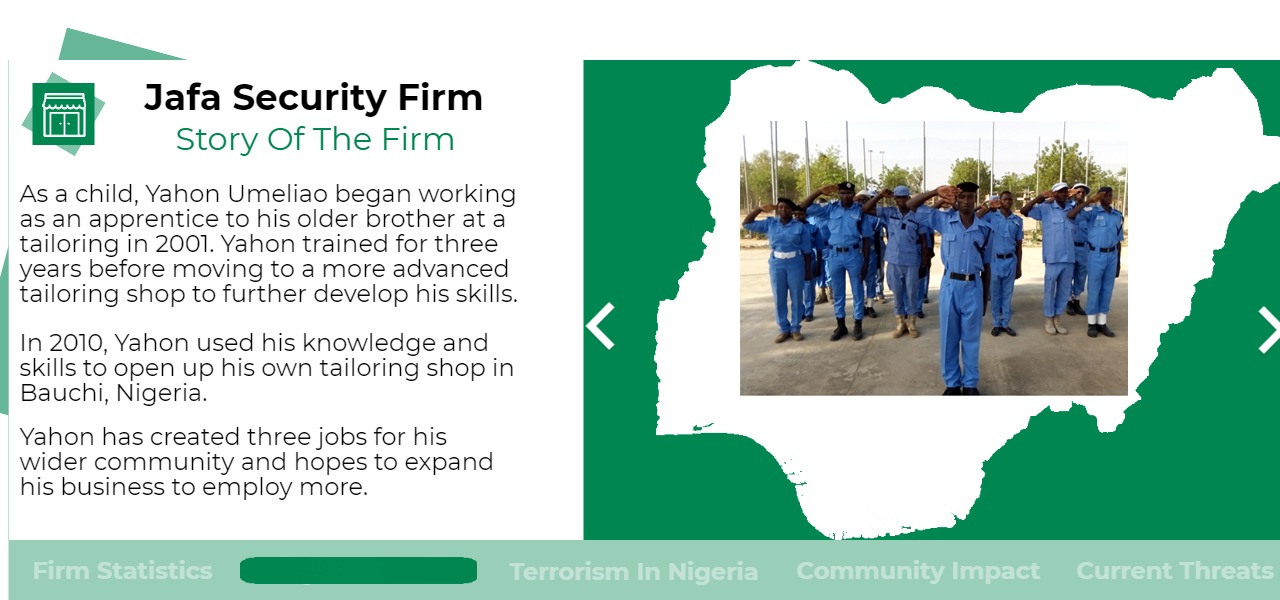
Neuroanatomy

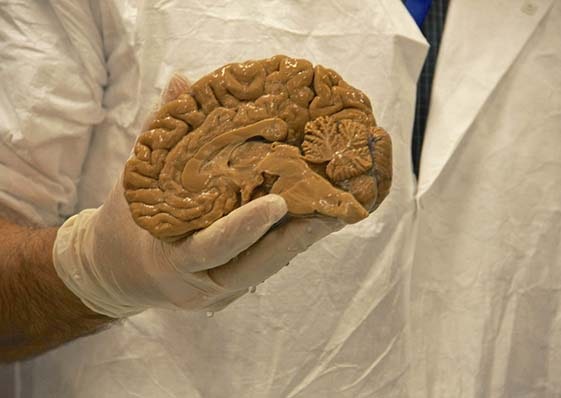
I learned about the anatomy and physiology of the brain in a demonstrative lecture from Dr. Giordano.
The brain is protected by the skull and is composed of the cerebrum, cerebellum, and brain stem. It embodies an individual’s mind and soul, in conjunction with governing intelligence, creativity, emotion, and memory.
This amazing organ is not only of use to us in life but in death as well. After explaining the brain’s anatomy and physiology, Dr. Giordano outlined the use of Brain Banks, which are organizations that accept brains for research that is instrumental in mitigating the effects and prevalence of neurocognitive disease.

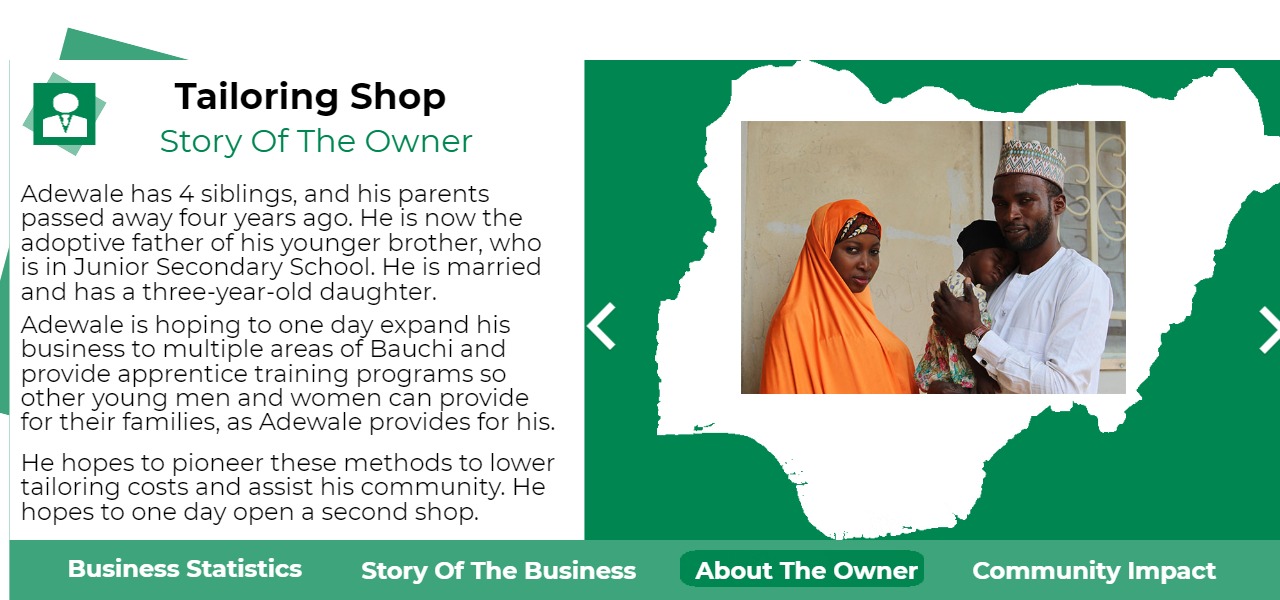
Brain~Mind Interventions

Brain~Mind Interventions are utilized for the treatment, wellness, and enhancement of the mind and brain. These interventions can be categorized into “Low-tech” and “High-tech” Brain~Mind Interventions.
“Low-tech” Brain~Mind Interventions allow you to modify the interactions between the brain and mind through accessible and non-invasive techniques. In contrast, “High-tech” Brain~Mind Interventions are less accessible and can involve invasive procedures.
This new knowledge allowed me to assess the intersection between brain, mind, and body and how they can work together to improve the wellbeing of an individual.

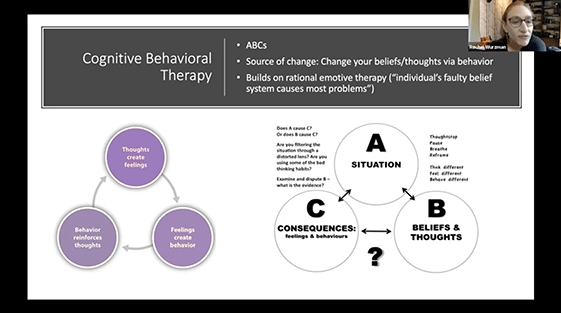

Experts & Mentors

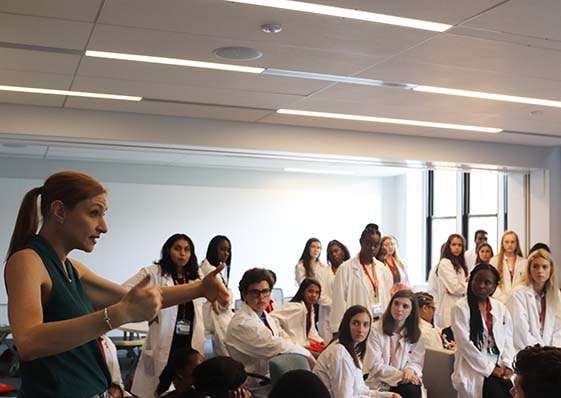
Along with Dr. Giordano, I had the opportunity to work closely with Dr. Rachel Wurzman, a Fellow with the Center for Neuroscience & Society and Postdoctoral Research Fellow in Neurology with the Laboratory of Neural Stimulation at the University of Pennsylvania.
Dr. Wurzman lent her expertise of neuroplasticity, neurodiversity, and neuroethics to help our team develop our research proposal.
In addition to Dr. Wurzman’s assistance, my team worked directly with Professor Heather Aranyi, leading communication coach and faculty in Northwestern University’s Farley Center for Entrepreneurship. Professor Aranyi helped us develop the story behind our proposal, properly contextualize our research, and hone our presentation skills.

